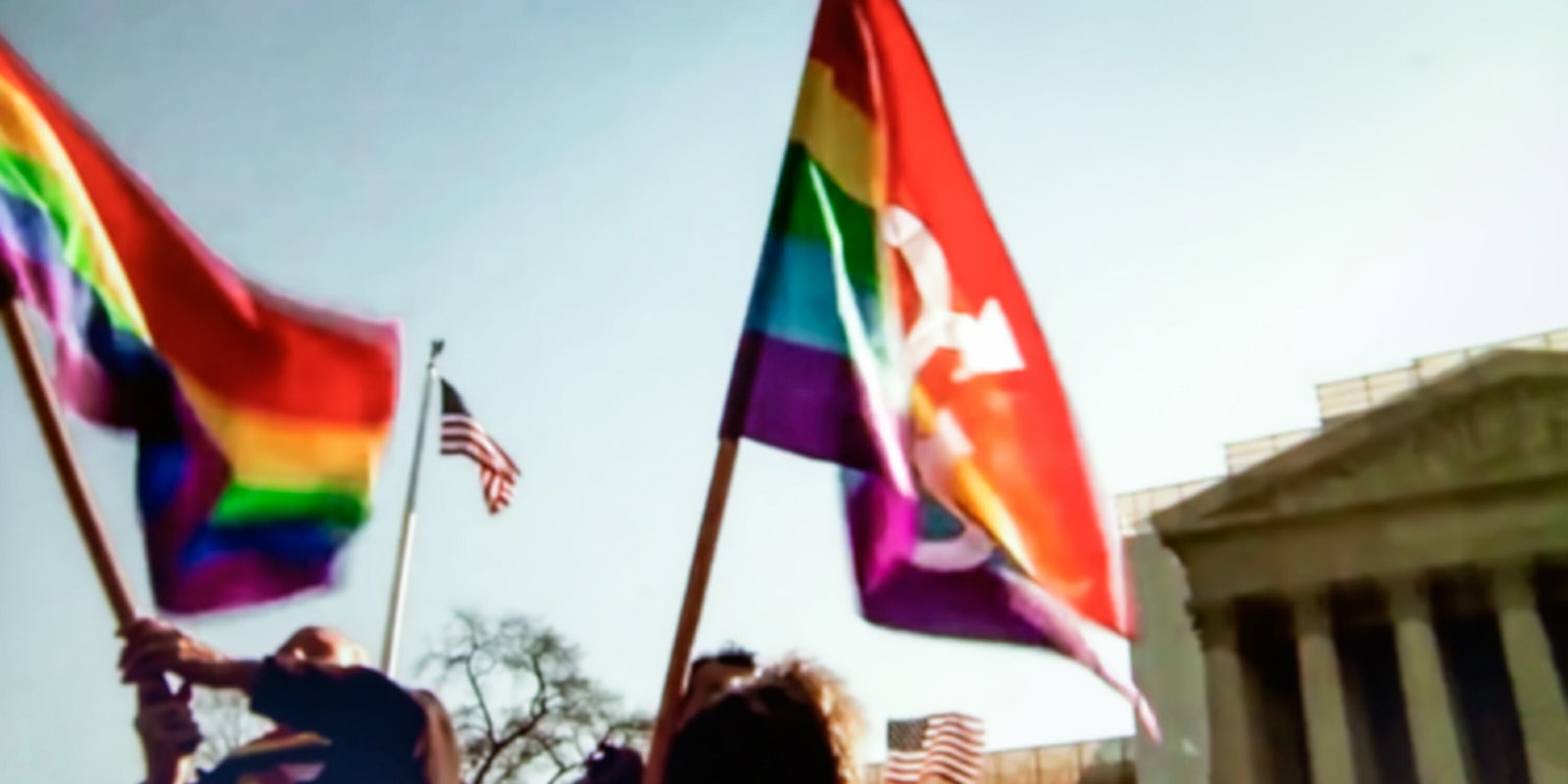Trans Day of Remembrance began back in 1999, in memory of Rita Hester, a Black trans woman from Boston who was stabbed to death the year before. Hester was beloved not just by fellow trans and queer activists, but she was also embraced by her family—a rarity, especially 18 years ago, when transgender women were called derogatory words like “tranny,” or barely acknowledged at all. Her mother said she would have “gladly died” for Hester, and her siblings fondly recalled her as “just a beautiful, beautiful, beautiful person.”
Nearly 20 years later, when 2017’s Trans Day of Remembrance falls on Thanksgiving week, her family’s words are still impactful, chilling even. That’s in part because trans people are still killed in high numbers—especially trans women of color. But it’s also because it’s still uncommon for families to accept their transgender children.
https://www.facebook.com/womensmarchonwash/posts/1735271789819426
TDOR is about the trans people we have lost, and we can’t discuss that loss without looking at all the factors that brought us to the high number of trans people killed each year because of transphobic bigotry. And one such factor is not growing up or having the support to be who you are.
According to the Transgender Survey from the National Center for Transgender Equality, four out of 10 transgender people have families that are either downright hostile or vaguely neutral about their children’s transitioning.
That’s a big deal because familial support is extremely important to trans people’s quality of life. Among transgender respondents with unsupportive family members, 45 percent experienced homelessness, half underwent “serious psychological distress,” and 54 percent attempted suicide. But risk for all three decreased among trans people with supportive families—by about 17 to 18 percent.
It’s also easy to see how predatory violence targets trans people who don’t have a family to go back to. The U.S. Transgender Survey reports that over 54 percent of all transgender people have experienced intimate partner violence, with nearly one-in-four exposed to “severe physical violence” from a significant other. Trans people are often too familiar with abuse.
https://www.facebook.com/Genderfluidrocks/photos/a.659644367474389.1073741825.340917536013742/1302761719829314/?type=3&theater
So while TROD is a somber day regardless, it’s falling so close to a massive family holiday this year particularly stings. If contemporary statistics suggest there are around 1.3 million transgender Americans out there, that means there’s over 100,000 transgender men, women, and non-binary people who don’t have family to go back to this Thanksgiving because they were thrown out of their homes.
That’s not a small number by any means. In fact, it’s quite common for transgender Americans to get together and have a “Friendsgiving.” And yet queer family-building is a luxury that mostly extends to those who live in cities. In suburban towns or rural municipalities, openly transgender people may find themselves all alone for the holidays since many fear coming out. For trans people with unaccepting families, the holidays are a lonely time of year that drudge on endlessly.
The outside world might goes on, but that doesn’t mean a trans person still isn’t being slaughtered every three days, as activist Shon Faye notes. Yes, that means on Thanksgiving and Christmas, too. Transphobia doesn’t go to sleep on the holidays.
https://twitter.com/pogform/status/932644230140489728
https://twitter.com/shonfaye/status/932587076893249536
Trans Day of Remembrance is important, not because it pushes people to think about the trans rights that make headlines—like the trans military ban or Danica Roem’s historical victory. But because every year, it reminds both trans and cisgender people that there’s still a long way to go before trans people can be themselves without fearing for their safety.
And as many trans people have pointed out, honoring the dead also means helping the living. It means encouraging family acceptance, fighting against trans people’s high suicide risk, ending racism directed toward trans women of color, and working tirelessly to make sure local communities embrace their transgender citizens. Because it’s trans people’s smaller, everyday interactions with the world that change their lives for the better or for the worse.
Otherwise, every year, the Trans Day of Remembrance’s memorial list will be just as long, if not longer, than the last. And in a world where family is in such low supply for trans people, that’s too much to ask.


